Håkon Austbø has been active as a pianist for over 50 years. His first performance with an orchestra in Bergen in 1963, and his first recital in Oslo in 1964, earned him much acclaim at an early age. In 1974 the Daily Telegraph, London, characterized Håkon Austbø as the "possessor of towering talent worthy of international recognition". Since then critics from the Carnegie Hall, New York, to the Concertgebouw, Amsterdam, have given him rave reviews. Due to his unusual versatility and…
Håkon Austbø has been active as a pianist for over 50 years. His first performance with an orchestra in Bergen in 1963, and his first recital in Oslo in 1964, earned him much acclaim at an early age.
In 1974 the Daily Telegraph, London, characterized Håkon Austbø as the "possessor of towering talent worthy of international recognition". Since then critics from the Carnegie Hall, New York, to the Concertgebouw, Amsterdam, have given him rave reviews. Due to his unusual versatility and the originality of his repertoire, Håkon Austbø has held a coveted position in the world of music.
He is particularly renowned for his work on Messiaen’s music. His personal contact with the composer made him one of the bearers of an authentic tradition, confirmed by the first prize in the Messiaen competition at Royan in 1971, and by several other prizes for his Messiaen performances, such as the Edison prize, Amsterdam 1998.
Another focus of Austbø’s work has been the music of Skryabin. By coincidence, both these composers have combined colours and sounds, and Austbø has made this an important part of his work and studies. He realised the first authentic performance of the colour part of Skryabin’s Prométhée in the Netherlands in the 90s, and, more recently, visualisations of the colours in several of Messiaen’s works.
The latter was the subject of a research project at the Norwegian Academy of Music, Oslo, in 2013, the results of which have been published recently. Austbø has later been engaged in another project, The reflective musician, aiming at the unveiling of forces which lead to genuine and personal interpretations of classical and contemporary works. This implies looking with fresh eyes at well-known repertoire, free from the ballast of tradition. Austbø has always cherished this attitude and challenged the conformity of the music business, crossing borders well before this became mainstream. He has worked with poets, actors, choreographers, artists and jazz musicians and included unusual repertoire in his creative programming.
Håkon Austbø spent most of his life outside his native Norway. Studies brought him to Paris, New York and Munich, before he settled in the Netherlands in 1974. In 2005 Austbø returned to Oslo when he is currently residing. Here he continues to tour the world with concerts and master classes, while he pursues his recording activities, resulting so far in about 45 CD’s as well as several LP’s, with repertoire ranging from Schumann to Rolf Wallin. His next release will be of works by Chopin.
Beside the Messiaen prize, Håkon Austbø was the first non-French national to win the "Concours National de la Guilde Française des Artistes Solistes" in Paris (1970). He was prize winner of the international Munich competition (in piano duo with Marina Horak, 1974), of the Ravel Competition in Paris (1975), and, as a member of Trio du Nord, of the UNESCO International Rostrum, Bratislava (1975). He received the prize of the Norwegian music critics in 1989 and was chosen "Performer of the Year" in Norway in 1992. In 2003 he received the prestigious Grieg prize, and was nominated for the prize of the Nordic Council in 2013. He bears the French title of “Chevalier de la Légion des Arts et des Lettres”.
May 2018
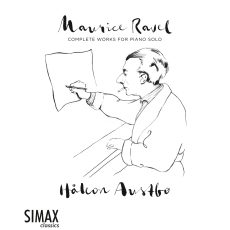
Maurice Ravel Complete Works for Piano Solo
Håkon Austbø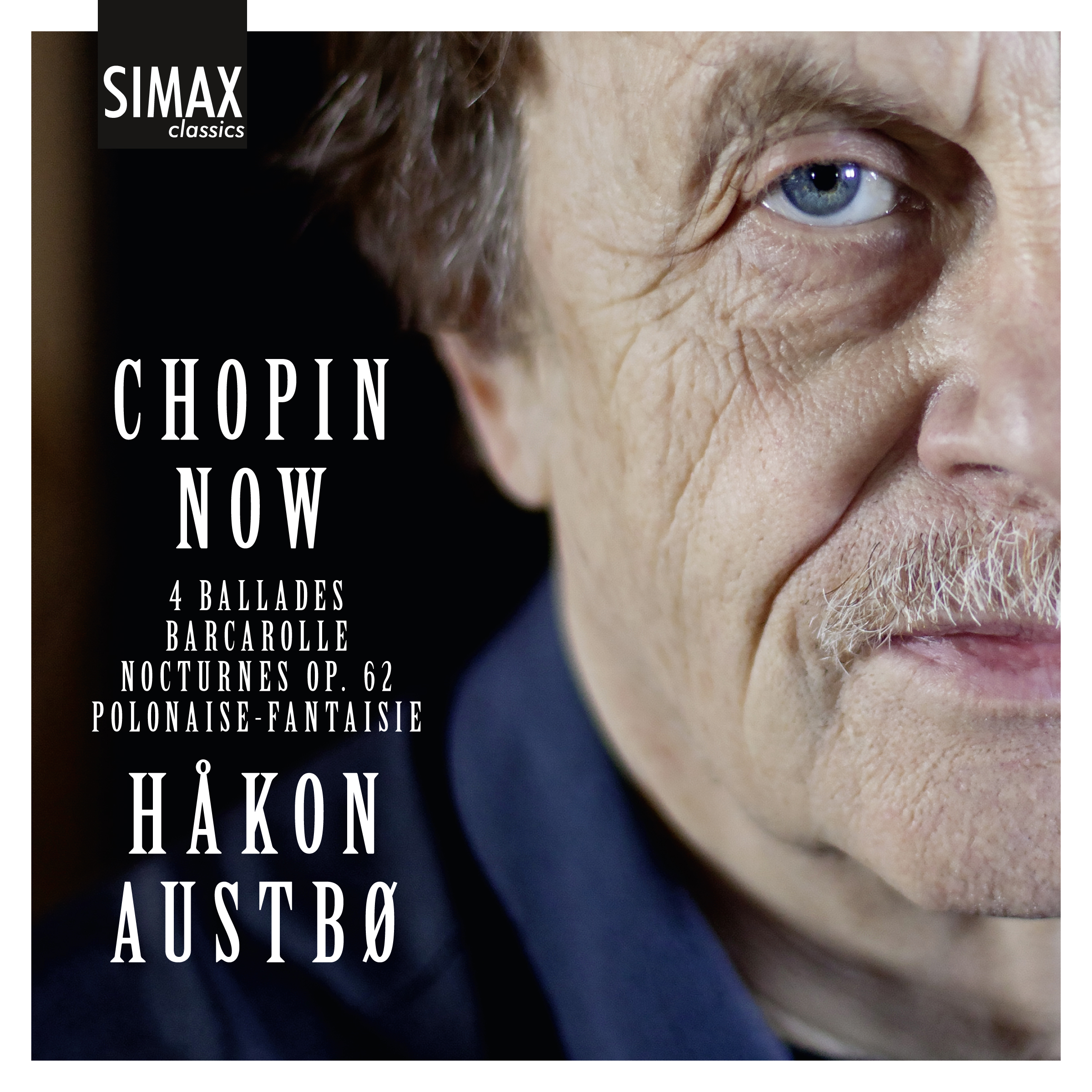
Chopin Now
Håkon Austbø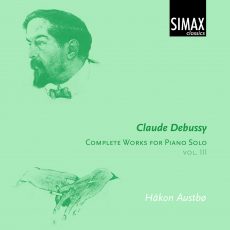
Claude Debussy Complete Works for Piano Solo, vol. 3
Håkon Austbø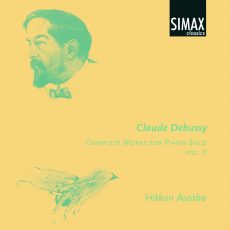
Claude Debussy Complete Works for Piano Solo, vol. 2
Håkon Austbø
Claude Debussy Complete Works for Piano Solo, vol.I
Håkon Austbø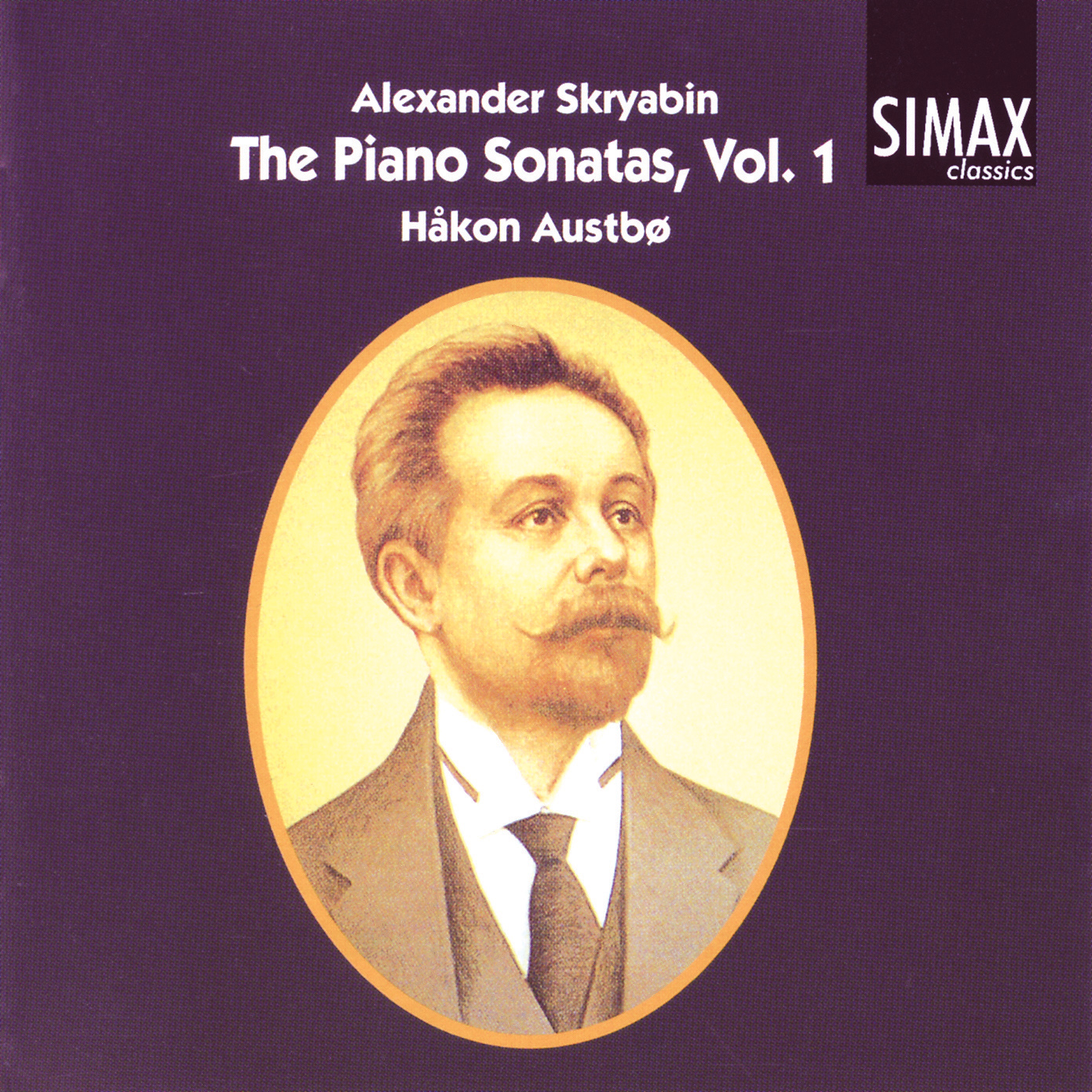
Skryabin Piano Sonatas, Vol. 1
Håkon Austbø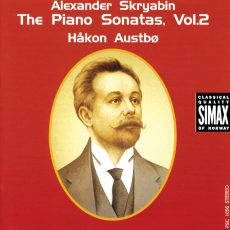
Skryabin Piano Sonatas. Vol. 2
Håkon Austbø